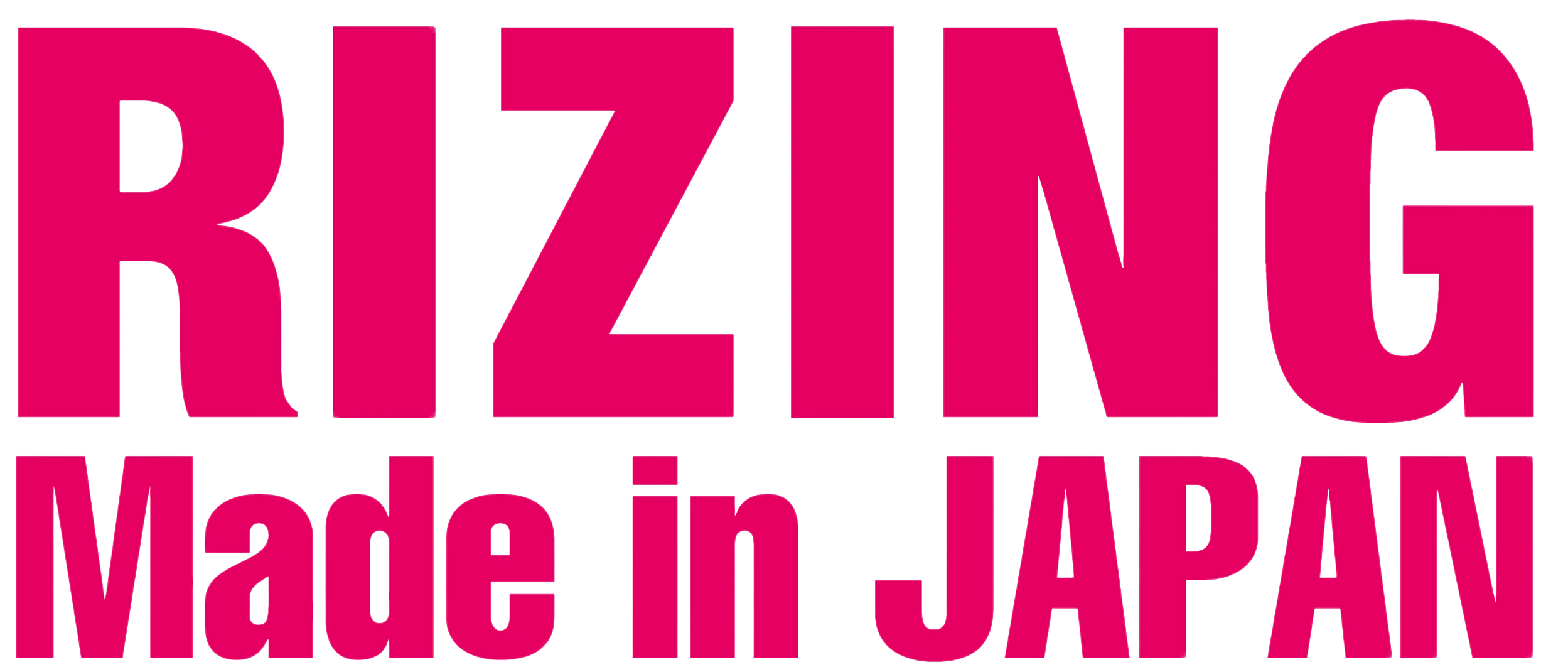Micromanagement in Japanese Society: Implications for Performance and Well-Being
Micromanagement, characterized by excessive control and oversight by authority figures, has emerged as a salient issue in various organizational settings worldwide. In the context of Japanese society, where collectivism and hierarchical structures are deeply ingrained, micromanagement manifests uniquely and engenders significant consequences for individual performance and organizational health. This essay explores the problems associated with micromanagement in Japan, considering its cultural roots, impacts on performance, and the broader implications for work-life balance and mental well-being.
Cultural Foundations of Micromanagement
Japan’s organizational culture is heavily influenced by Confucian values that emphasize respect for authority, harmony, and loyalty to the group. This cultural framework cultivates a hierarchical workplace environment where employees often defer to superiors and adhere to established practices. As a result, managers may feel an intense pressure to uphold status and exert control over subordinates. Such dynamics foster an environment conducive to micromanagement, wherein leaders excessively monitor tasks and decisions, often stifling creativity and individual agency.
Micromanagement in Japanese organizations can be traced back to the post-war era, characterized by the emergence of lifetime employment and consensus-driven decision-making. In this context, managers, aspiring to guide their teams towards consensus, may take a hands-on approach, closely supervising tasks to minimize risk and ensure conformity. However, this tendency can lead to a vicious cycle where employees become overly reliant on their superiors for decision-making, further embedding micromanagement into the organizational fabric.
Impacts on Performance
The adverse effects of micromanagement on performance are multifaceted. Firstly, it inhibits employees’ sense of ownership and accountability. When workers are not entrusted with decision-making authority, their motivation and engagement inevitably diminish. Research indicates that high levels of autonomy correlate positively with job satisfaction and overall performance. However, in micromanaged environments, employees are often relegated to roles where they merely comply with directives rather than contribute innovatively to problem-solving.
Moreover, micromanagement can result in diminished productivity. Constant oversight can create an atmosphere of anxiety and fear, wherein employees may prioritize pleasing their superiors over delivering quality work. In Japanese enterprises, this emphasis on meeting managerial approval can exacerbate a culture of overwork, as individuals feel compelled to work longer hours to demonstrate loyalty and diligence. Consequently, the expected boost in productivity from tight management often backfires, leading to burnout and reduced overall performance.
Broader Implications for Well-Being
Beyond the immediate repercussions on task performance, micromanagement in Japan has far-reaching implications for employee well-being. The pervasive culture of overwork, or “karōshi,” which translates to “death from overwork,” is exacerbated by micromanagement practices. Employees working in environments where they are closely monitored and pressured to perform can suffer from heightened stress levels, leading to mental health issues such as anxiety and depression. Studies have shown that the intersection of workplace pressure and individual well-being is particularly detrimental, with employees in highly controlled environments reporting higher instances of physical and psychological ailments.
Furthermore, micromanagement can stifle creativity and initiative, qualities that are increasingly vital in today’s dynamic business landscape. As globalization and technological advancements reshape the competitive landscape, organizations must leverage creativity and innovation to maintain relevance. However, the fear of reprisal in a micromanaged environment may lead employees to refrain from proposing novel ideas or taking calculated risks, hindering organizational growth and adaptability.
Conclusion
In conclusion, while micromanagement may arise from cultural norms and organizational expectations in Japan, its consequences extend far beyond managerial intent. It undermines individual performance, exacerbates workplace stress, and fosters an environment antithetical to creative problem-solving. As Japan navigates the complexities of a rapidly changing economic landscape, organizations must critically assess their management styles, striving for a balance that promotes autonomy, trust, and innovation. Embracing such changes will not only enhance individual performance but also foster a healthier work environment that prioritizes employee well-being, ultimately contributing to the sustainability of Japan’s economic future.

